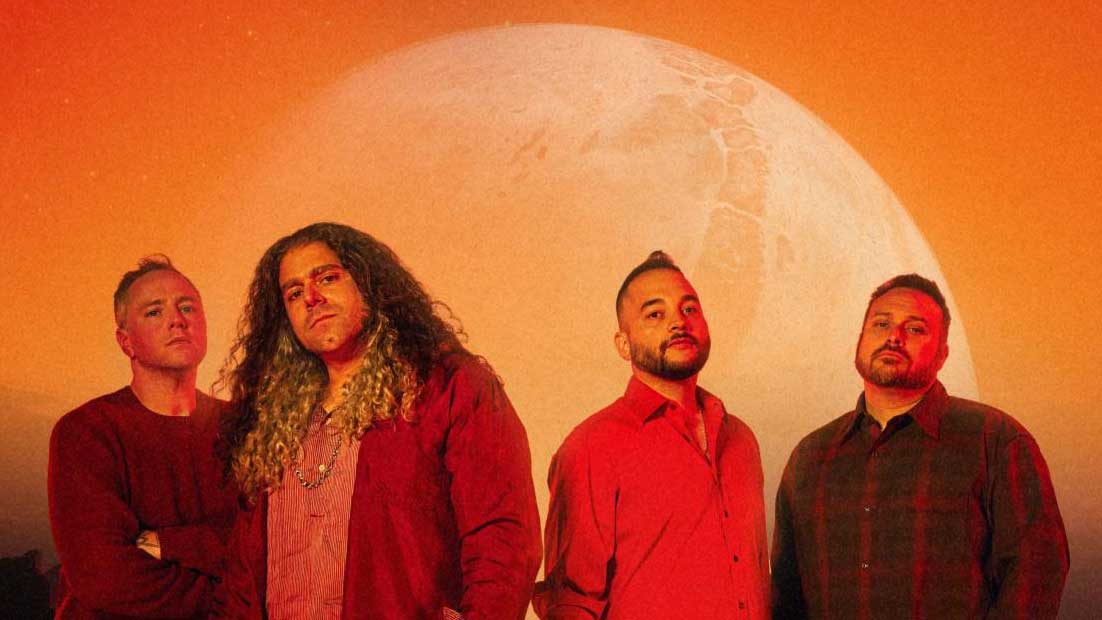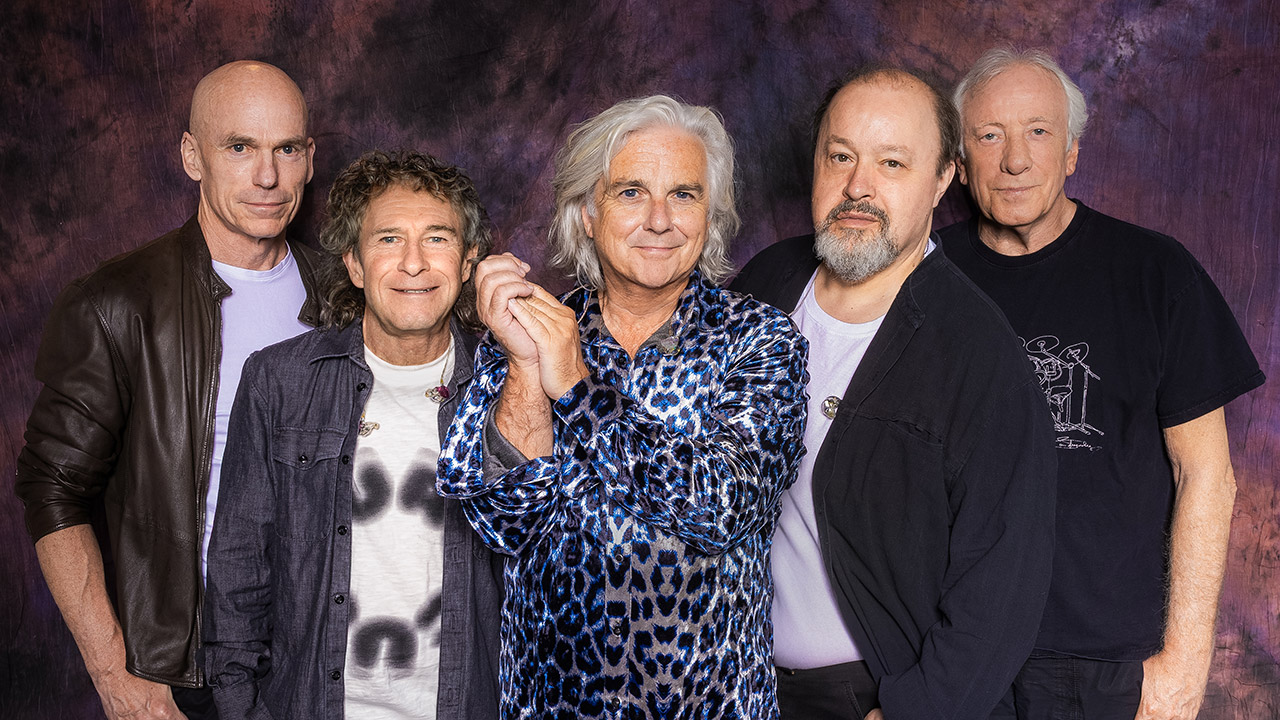Coheed And Cambria are not a band for lightweights
Coheed And Cambria's Claudio Sanchez on fantasy worlds, inhabiting the Star Wars universe, and recording while "high as f**k"

Select the newsletters you’d like to receive. Then, add your email to sign up.
You are now subscribed
Your newsletter sign-up was successful
Want to add more newsletters?

Every Friday
Louder
Louder’s weekly newsletter is jam-packed with the team’s personal highlights from the last seven days, including features, breaking news, reviews and tons of juicy exclusives from the world of alternative music.

Every Friday
Classic Rock
The Classic Rock newsletter is an essential read for the discerning rock fan. Every week we bring you the news, reviews and the very best features and interviews from our extensive archive. Written by rock fans for rock fans.

Every Friday
Metal Hammer
For the last four decades Metal Hammer has been the world’s greatest metal magazine. Created by metalheads for metalheads, ‘Hammer takes you behind the scenes, closer to the action, and nearer to the bands that you love the most.

Every Friday
Prog
The Prog newsletter brings you the very best of Prog Magazine and our website, every Friday. We'll deliver you the very latest news from the Prog universe, informative features and archive material from Prog’s impressive vault.
Straightforward concept albums are for lightweights. Since their formation in 1995, New York’s Coheed And Cambria have gone further than even their proggiest peers, pairing their cinematic hard rock with narratives that span multiple albums, accompanied by trimmings including graphic novels and full-size models of the artefacts featured in the story.
As the band release their new album Vaxis II: A Window Of The Waking Mind, frontman Claudio Sanchez welcomes us into his world.

Vaxis is a five-album narrative about two lovers being hunted by shadowy forces. What happens in this second volume?
Our characters are still on the run, but they’ve now had their son, who is a more evolved kind of human. We introduce the new villains of the Five Houses Of The Star Supremacy, which is our Galactic Empire, if you will. But then in the shadows is The Liars Club, led by a humanoid mob boss called Candelaria. They ultimately want to unify their consciousness and exclude anyone else from the bloodline.
How do you get in the zone when recording an album like this?
I recorded the song Bad Man at home. I don’t normally partake in smoking, and I’m a pretty paranoid person. But since we were locked down I was like: “No one’s coming into this house.” So I got high as fuck. It’s one of my favourite vocal performances on the record.
Assuming you wouldn’t be killed horribly, if you could live in any cinematic universe, which would you choose?
Sign up below to get the latest from Classic Rock, plus exclusive special offers, direct to your inbox!
I’m gonna go with My Little Pony. No, probably the Star Wars or Dune universes. They feel vast and real inspiring.
Vaxis II: A Window Of The Waking Mind is out now via Roadrunner.
In Coheed And Cambria’s early career, did anyone ever tell you: “This will never work”?
Absolutely. Kiss had a comic book. But I don’t know if anyone’s ever done this ever-evolving epic within multiple records. When we first put out records, comics weren’t nearly as big as they are now. I think it might have turned a lot of people off. Like: “This is an epic story that’s going to traverse multiple records? Nah, not for me.” At the time, it didn’t feel very easily digested. Even by some of the band.
You’re forty-four. You once said you’re jealous of your dad’s generation of music
Yeah. I’ve never wanted to pigeonhole myself into one subgenre. And when I listen to that era, it feels like the music jumps around. I mean, AC/DC does its thing. But then you have bands like ELO, Zeppelin or The Beatles, where things are really moving around on a record. That’s what I always wanted to do with Coheed, if you think of our discography and you pair a song like Welcome Home with Number City or A Disappearing Act.
The box set includes a ninety-six-page novel and the Quintillian Speaker Container Unit from the story. Is it important to be a band that’s more than just music?
Well I love that. Bringing up the example of The Beatles, I loved the music, but also reading into all those weird conspiracies about Paul dying and the ‘28IF’ on the Abbey Road sleeve. Or discovering Floyd and the movie component, or The Who’s Tommy. I’m a fan, and I love having more of the thing that I love. I’m just trying to provide that for those who want it.
Henry Yates has been a freelance journalist since 2002 and written about music for titles including The Guardian, The Telegraph, NME, Classic Rock, Guitarist, Total Guitar and Metal Hammer. He is the author of Walter Trout's official biography, Rescued From Reality, a music pundit on Times Radio and BBC TV, and an interviewer who has spoken to Brian May, Jimmy Page, Ozzy Osbourne, Ronnie Wood, Dave Grohl, Marilyn Manson, Kiefer Sutherland and many more.

